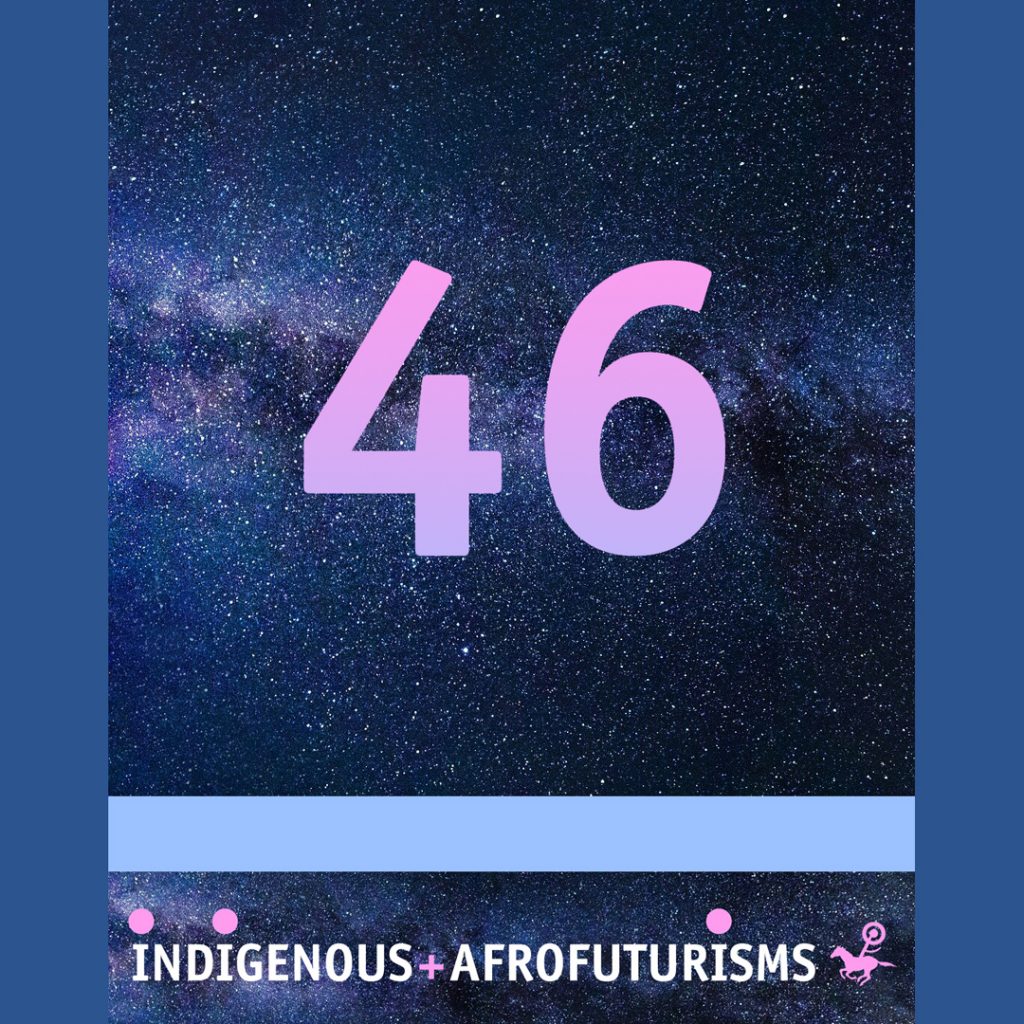
Dear Readers,
I was honored to be invited to guest edit for CAROUSEL and I’m excited that they have an issue dedicated to Black and Indigenous voices. Last year saw the rise of many literary institutions, publishers and journals clamoring for diverse voices, and I look forward to seeing how that has translated to concrete change in the lives of these artists, and shifting the publishing landscape into something more equitable and just.
For CAROUSEL, I wanted to find and select emerging writers, to push back against the narrative that there can be Only One Success within a marginalized group, on the publishing stage. I took this on with excitement and openness, aware of what a responsibility this was.
Each piece here surprised me when I first read it. I was thrilled to work with these writers in shaping their pieces, and in discussing with them their vision for their work. As an editor, this matters a lot to me—how creative writing can be lovingly held and passed on from author to reader, from reader to reader. Beyond editing, I enjoyed curating, and I received helpful guidance from Mark Laliberte and my co-editor, Molly Cross-Blanchard, who have both been immensely patient and sincere.
What I wanted most, and hoped, from the creators, was for them not to feel creatively restrained by anything I or CAROUSEL wanted. These writers: Nailah King, Whitney French, Sean Dowie, Fiona Raye Clarke, Trynne Delaney, Khalisa Rae, Lexi Mellish-Mingo and Jovan Shadd, mold many worlds in their works, worlds that I think about long after my eyes have left the page.
Afrofuturism, yes, but Black Futures mean so many things. We can speak about trauma, we can speak about not getting answers to our questions, about asserting control over our bodies, about accessing spirituality and connections with ancestry. We can talk about joy, absurdity, history, contemplation and care. We can speak about liberation, community, and our greatest hopes. We can envision moving upward and outward, or in any direction we like.
Of course, this is only a fraction of the writing that exists in these storied communities, and we hope you seek out more Black and Indigenous writers and artists to read and learn from.
Thank you,
Terese Pierre Mason

Terese Mason Pierre is a writer and editor whose work has appeared in Canthius, The Puritan, Quill and Quire and Strange Horizons, among others. She is currently the Senior Poetry Editor of Augur Magazine, a Canadian speculative literature journal, and the author of chapbooks Surface Area (Anstruther Press, 2019) and Manifest (Gap Riot Press, 2020). Pierre lives and works in Toronto.

